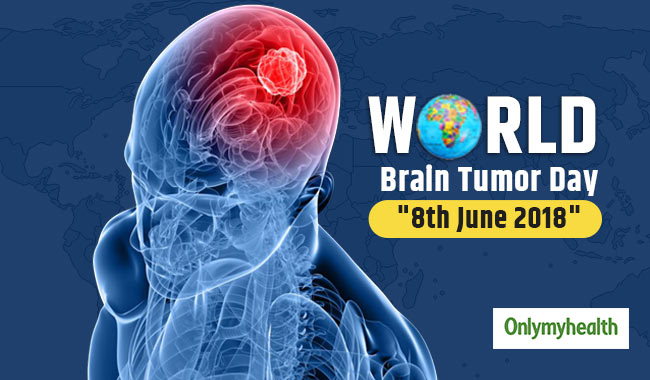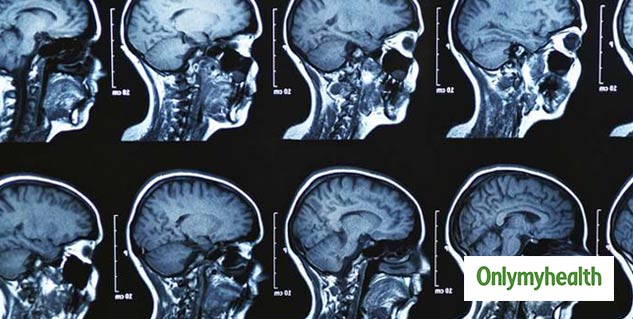
Every year 8th of June is observed as brain tumor awareness day. Brain tumor is a lethal disease affecting over 50,000 people every year, of which 20 % are children.
The brain is a soft organ in the skull from where a network of nerves carries messages from the brain to the body and vice versa. The brain controls all the functions of the body such as walking and talking, also things such as breathing, pumping the heart, all the senses, memory, and emotions.
Table of Content:-
The tumor begins when the cells do not function the way they are supposed to. Generally, new cells are formed to replace the old and damaged cells. When new cells form while the old cells have not died, this forms a mass of tissue known as a tumor.

Also Read: Single Gene Defect causes Brain Tumour in Children
Symptoms of Brain Tumor
- Headaches that get worse at night and in the morning and gradually decreases as the days go on
- Vomiting in the morning along with a headache is another symptom
- You might experience blurred vision or a total loss of vision. You may also experience papilledema (swelling) and diplopia (squint or double vision)
- Small or long-term memory
- Weakness in hands and feet
Diagnosis of Brain Tumor
If your doctor suspects any symptoms that are suggestive of brain tumor, he will take into account your detailed health history and perform a medical examination. If your symptoms are indicative of brain tumor, further tests such as CT or MRI scan of the brain, angiogram, CSF test, hormonal blood test or EEG will be done.
Brain CT or MRI Scan
Magnetic resonance imaging scan (MRI) and computed tomography scan (CT scan) are painless procedures that take a series of thorough images of the parts of the body being examined. These tests provide details about the brain tissue and can show brain abnormalities such as brain tumor, invasion of the tumor in the surrounding brain structures, sizes of the ventricles, brain edema etc.
Angiogram
An X-ray photograph of blood or lymph vessels and it can help to plan treatment such as embolisation, surgery or stereotactic radiation for vascular malformation.
Cerebrospinal Fluid Examination (CSF)
CSF is the fluid present in the brain and spinal cord that protects both of these parts of the body. The fluid is examined for cancer cells, infections or other signs of any problem.
Hormonal Blood Tests
These tests are done in case if the tumors like pituitary adenoma, craniopharyngioma, optic chiasmal or hypothalamic glioma is suspected.
Electroencephalogram (EEG)
Electroencephalogram is done to study the pattern of seizures.
Treatment Options for Brain Tumor

Surgery
If your doctor tells you that there is a possibility of removing the tumor through surgery then you can choose to go for one. It is done for benign tumors that can be removed surgically without causing much neurological damage. But malignant tumor requires more than a surgery, some additional treatment after a surgery is required as the cancerous cells tend to invade the nearby normal brain tissue.
Radiotherapy
Radiation therapy or radiotherapy uses high powered energy beams to destroy cancer cells and shrink tumors. Radiotherapy for brain tumour may be given after the surgery to kill any remaining tumour cells that could not be removed or as an alternative to surgery. Radiotherapy can damage normal cells of the body as well.
Chemotherapy
Under this, the drugs are used to destroy or kill the cancer cells. The drugs used for the treatment of brain tumor are usually given as an injection into your vein. Brain tumor in children is more likely to be treated with chemotherapy than adults.
Read more articles on Brain Tumor.
For more related articles, Download OnlymyHealth App.
How we keep this article up to date:
We work with experts and keep a close eye on the latest in health and wellness. Whenever there is a new research or helpful information, we update our articles with accurate and useful advice.
Current Version
